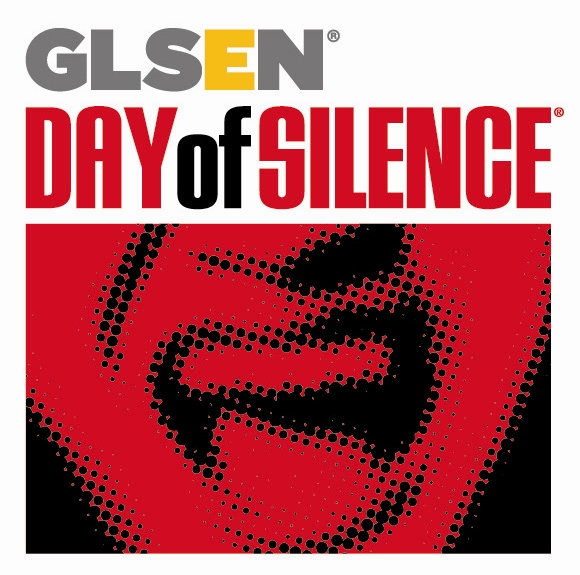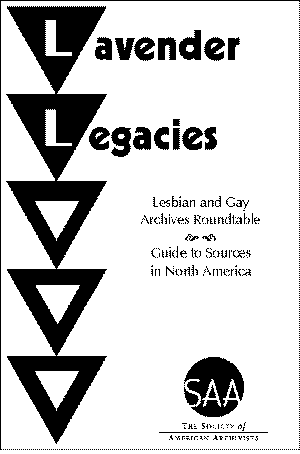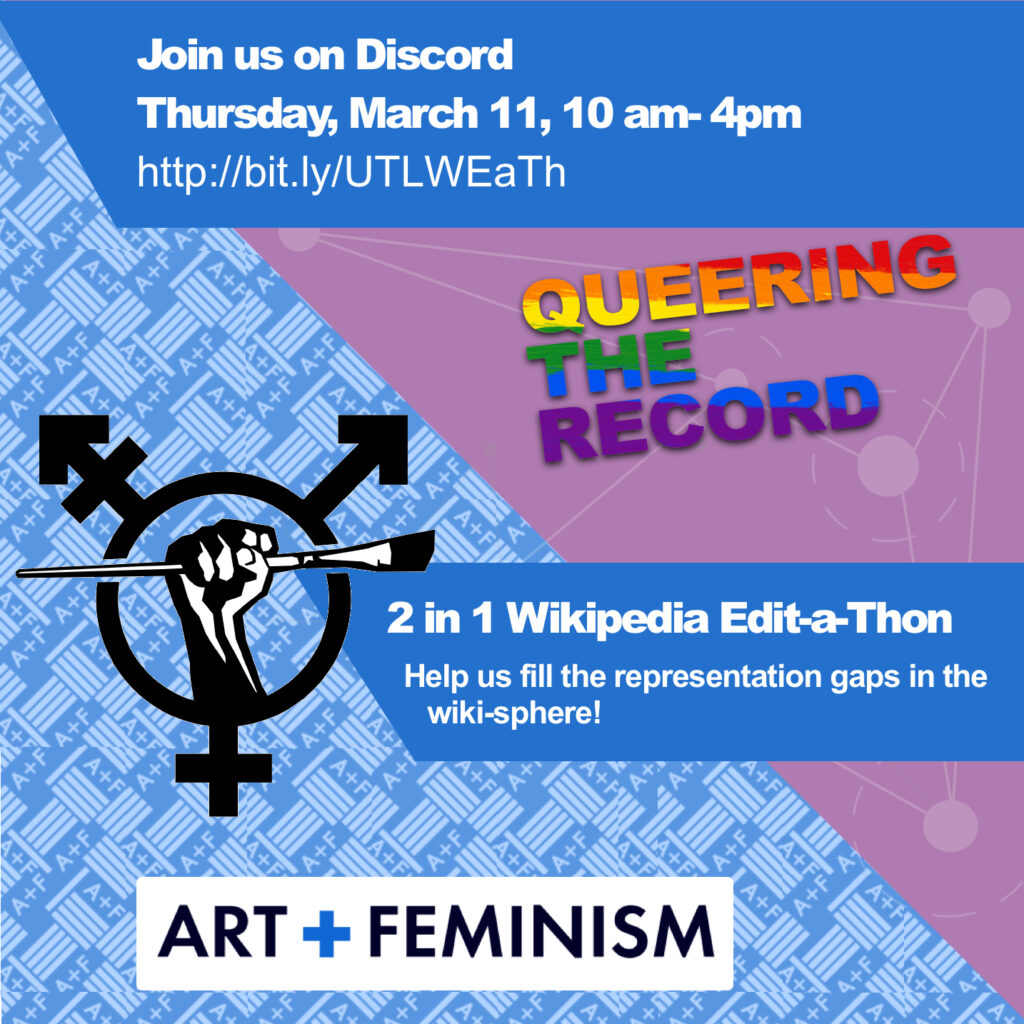By Mandy Ryan
On June 9th, 2020, I stood in a long line waiting to vote in the 2020 presidential primary election in downtown Atlanta, Georgia. My polling place was located in the heart of Sweet Auburn, a historically black neighborhood that is home to the famous Ebenezer Church, The King Center, and the final resting place of Martin Luther King, Jr. The line was so long that I couldn’t even see the building I was going to be voting in. More people were pouring in because their polling locations had closed overnight and they were told to come here at the last minute. The polling volunteer staff were short-handed and it wasn’t until after waiting two hours that many realized they weren’t standing in the right line for their temporary polling place. After three hours of waiting and three broken machines, I was finally able to cast my vote.
Five months later many would repeat this same struggle. Despite this, due to intense work by grassroots organizers, Black voter turnout increased by 25%, Latinx voter turnout by 18%, and Asian voter turnout by 12%. The increased voter turnout and mobilization of voters was due to the history of intense work by grassroots organizers, including an emerging breakout political leader, Stacey Abrams.
Who is Stacey Abrams?
Stacey Abrams has become a trailblazer as a political leader and had a huge impact on voter engagement, especially in underserved and diverse communities. Born in Wisconsin, she moved to Georgia in 1989 with her parents. Abrams earned a B.A. from Spelman College, before becoming a Texas Longhorn. She graduated from the LBJ School of Public Affairs at UT with her Masters in Public Affairs in 1998 and went on to receive her JD from Yale Law School. She would later receive the LBJ School’s Distinguished Public Service Award in 2019.
Abrams returned to Georgia where she held various local political appointments, including Deputy City Attorney for the city of Atlanta. She was elected a member of the Georgia State House of Representatives in 2006, representing the 89th district. She was the first woman to lead either party in the Georgia General Assembly and was the first African-American to lead in the House of Representatives. She remained a representative and was the minority leader for 11 years before relinquishing her seat to run for governor. In her spare time, Abrams is also an accomplished novelist under the pen name Selena Montgomery.
The 2018 Georgia Governor’s Race
In 2018, Abrams became the first Black woman to be nominated by a major party as a candidate for Governor in her home state of Georgia. She won the democratic primary against Stacey Evans by a landslide 75% of the vote and celebrated her historic win with a moving speech, saying, “We are writing the next chapter of Georgia’s history, where no one is unseen, no one is unheard and no one is uninspired.”
Running against her was the current Secretary of State, Brian Kemp. Kemp held the position of Secretary of State for 8 years in a state that had earned a reputation as being one of the strictest on voting laws in the country. In 2018, the U.S. Commission on Civil Rights stated that “no state has done more than Georgia in recent years to make voting difficult, especially for minorities.”
Georgia policy dictated that the voter registration polls be routinely cleaned up to remove those who had died, moved away, or voters that hadn’t voted in the previous two elections. At the height of the election season, over 500,000 registered voters were removed from the list, with 107,000 due to inactivity.
Stacey Abrams lost the Governor race to Brian Kemp by 55,000 votes in a race that saw an all time record breaking voter turnout in Georgia. Over 4 million votes were counted, representing 74% of all registered voters, and broke the previous record of 3.9 million voters in 2008. The state also saw a record number of early-voting, with 2,418,550 Georgians casting their ballots in the 45 days leading up to the election.
In a speech ending her candidacy for governor, Stacey called out voting policies and restrictions in Georgia that made voting difficult and stated, “Concession means to acknowledge an action is right, true or proper. As a woman of conscience and faith, I cannot concede.”
She did acknowledge that Kemp would be the next governor of Georgia and the legitimacy of the election, but challenged the policies of disenfranchising voters and sought ways to improve election operations moving forward.
The Creation of Fair Fight
In her speech, Abrams introduced Fair Fight, an non-partisan initiative to fund and train voter protection teams in 20 battleground states. Fair Fight Action works to engage voter mobilizations and increase education on policies especially in underserved communities regardless of political affiliation. It also helps to combat and bring awareness to potential voter suppression in Georgia and across the nation. With Abrams’ work and support, Fair Fight and her previous organization, New Georgia Project went on to register over 800,000 new voters for the 2020 Presidential election.
Abrams’ part in engaging and mobilizing voters, increasing voter turnout in marginalized communities, and combating voter suppression in Georgia during the 2020 election season resulted in her nomination for a Nobel Peace Prize.
What’s Happening Now
Less than 6 months following the 2020 November Presidential election, Georgia State Representatives passed SB202, or “The Election Integrity Act of 2021.” The new law makes a number of changes to the current voting structure in Georgia. It makes the pandemic-era absentee or mail-in ballots permanent, but it limits the number of people who can request mail-in ballots, expands identification requirements to receive a mail-in ballot, and decreases the time to request them by half. Additionally, mail-in or absentee ballot drop boxes will be limited to just early voting days and have been moved inside government buildings.
Outside of mail-in voting, the bill also gives state-level officials the authority to take control of county election boards that have had reported issues in voting for the previous two years. It includes language that would remove the Secretary of State as chair of the State Election Board, and places decision-making in the hands of the 5 board members. Furthermore, the bill criminalizes third-parties providing water or food to those waiting in voting lines. Civil rights groups are speaking out, calling the bill voter suppression and in violation of the Voting Rights Act.
How It Affects Texas
While Georgia may be the first state to pass new voting laws, it’s probably not the last. In fact, over 41 states currently have bills on the docket that would change current voting procedure, including Texas. The Texas State Senate advanced Senate Bill 7, a bill similar to Georgia’s, imposing similar restrictions on mail-in ballots, limiting early voting periods, and prohibiting distribution of voter registration applications to those who don’t request them. The bill was widely debated in the house, with politicians adding amendments to address language that had advocates for Black, Latinx, and disabled voters concerned. The bill passed the house, but is still undergoing rewriting.
Reactions
Organizations such as ARL have signed a Statement on Voting Rights by Higher Education, stating a concern that new policies regarding student voter registration may make voting more difficult across college campuses. Texas organizations, such as AARP and the Texas League of Women Voters also raised concerns for the impact it would have on constituents.
What Can You Do?
In honor of fellow Longhorn Stacey Abrams, and in light of the current state bills, I encourage you to stay informed on new voting laws and how they may affect your current voting process. Below are a list of resources to help you stay aware and keep you prepared so that your voting will go smoothly in the next election cycle. If you’d like to know more about Stacey Abrams, local Austin bookstore, Book People, will be hosting a virtual event with her this Saturday to discuss her new novel.
Voting Resources:
- Secretary of State’s VoteTexas.org
- Austin Public Library’s Elections & Voting Information Guide
- County Clerk Office’s Complete List of Travis County Polling Locations
- Voters Guide: League of Women Voters of Austin
- Vote Smart’s Bipartisan Candidate Database
Organizations Dedicated to Voter Mobilization:
- Move Texas: “MOVE is a nonpartisan, nonprofit, grassroots organization building power in underrepresented youth communities through civic education, leadership development, and issue advocacy.”
- Common Cause – Texas: “Common Cause Texas has an innovative, pragmatic, and comprehensive pro-democracy agenda. We’re here to build a better democracy in our Lone Star State.”
- Jolt Initiative: “Jolt initiative is a 501c3 non-profit organization that increases the civic participation of Latinos to build a stronger democracy and ensure that everyone’s voice is heard.”
- Black Voters Matter: “Black Voters Matter goal is to increase power in marginalized, predominantly Black communities.”
- Rev-up Texas: a non-partisan statewide effort to outreach and to empower persons with disabilities and our allies to get more involved in electoral politics.
Organizations Promoting Diverse Political Candidates
Books by Stacey Abrams
- Abrams, S. (2020). Our time is now : power, purpose, and the fight for a fair America. (First edition.). Henry Holt and Company.
- Abrams, S. (2019). Lead from the outside : how to build your future and make real change. (First Picador edition.). Picador.



![Rosie the Riveter poster with the phrase "We Can [edit]!" replacing "We Can Do It!"](https://hacklibschool.files.wordpress.com/2014/04/wecanedit.jpg)
